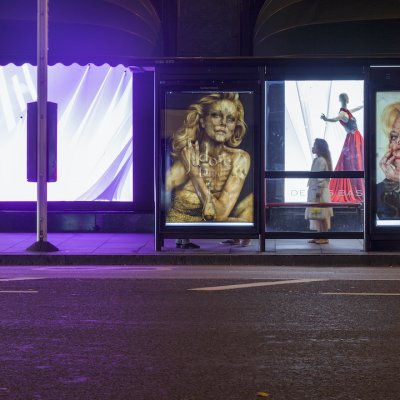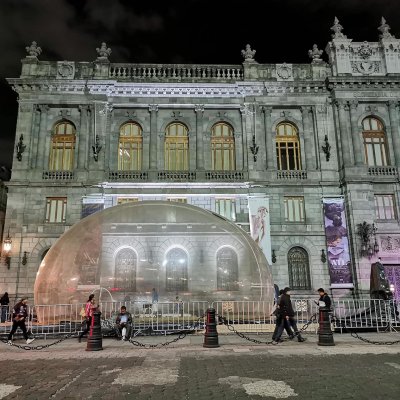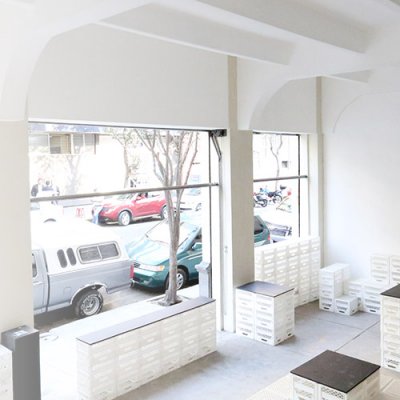The last decades have seen a rapid evolution of communication and media technologies, from the radio through television, internet, mobile phones, and social networks, there has been a fundamental change in peoples' everyday lives and in the extent and speed of digital communication, whose scope is yet to be determined.
The scholarship on virtual culture and communication has shown a strong interest in the formation of the “self” in relation to communication technologies, drawing on older theories of selfhood in modern society like Foucault's reflections on “technologies of the self” (1988), technologies turned inward to shape identity, or Flusser's “telematic society”.
A dominating concern within public, political and scholarly discourses about the so called media change and its impact on formation(s) of identity, is the gap between the virtual and the actual world, virtual and actual identities, or rather, their entanglements, manifesting in discussions about false identities ,“identity-theft”, and online “role-playing”. Interpretations of that impact range from analysis of the permeability of the two “worlds”, where the virtual self resonates in everyday life practices and identifications, allowing greater self-fashioning, which reflect in an altered “real life” behavior, to the idea of “double lives” that people lead in two entirely separated spheres.
Moving away from this dichotomy, theorists have analyzed the historical aspects of virtual reality and its rootedness in, for instance, art, stating that the idea of transposing and immersing viewers into an imaginary visual space, has only been extended in past years, that “virtualreality (VR) is a constant phenomenon in art history that can be traced back to antiquity. It can involve an area of ritual action, a private, artificial paradise, or a public sphere with politically suggestive power – in short, it encompasses a visual history that is characterized by totality” (Grau 1999). In a way then, humans have always been virtual, and the imaginary visual spaces with their complexities, are constructed upon a human capacity for culture that is as old as humanity itself (Boellstorff 2003).
Nonetheless, the scope and the altered nature of interpersonal communication through these virtual networks and technologies, has had an impact on relationships, identity formation and society as a whole. The performance will explore this impact: Through the spacial distance, lack of eye contact, and the resulting potential of anonymisation, the artists will showcase interpersonal communication and quest for identity of two individuals between the spheres of the actual and the virtual world.
Daniel Daoudi also directed one of the performances in March 2013's 'SALON REVOLUTIONÄR VOL. 3'




 9.18.05 p.m..400x400xC.png)
